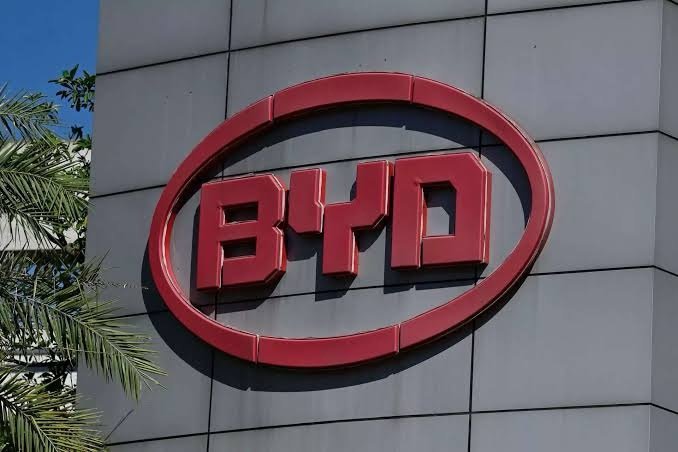After notable success in military technology, Chinese companies aim to revolutionize Pakistan’s mobility sector with electric vehicles.
Key Takeaways:
1. China’s defense technology success is improving the image of Chinese products, boosting confidence in Chinese electric vehicles in Pakistan.
2. BYD aims to lead Pakistan’s EV market with a planned production capacity of 25,000 vehicles by 2026.
3. Adoption of EVs is expected to reduce Pakistan’s fuel import costs and positively impact foreign exchange reserves and environmental goals.
Islamabad, Pakistan – Following China’s acclaimed success in supplying advanced military jets and missiles that supported Pakistan’s defense capabilities, Chinese manufacturers are now setting their sights on electrifying Pakistan’s mobility sector. The recent deployment of Chinese J-10C fighter jets and PL-15 missiles, which impressed military analysts worldwide, is expected to enhance the perception of Chinese products in Pakistan, including electric vehicles (EVs).
China’s military technology success has helped shift Pakistani consumer attitudes, traditionally favoring Japanese automotive brands, towards greater acceptance of Chinese-made vehicles. Industry insiders believe this change in perception could accelerate the adoption of Chinese EVs in Pakistan, a market poised for growth despite challenges such as cautious buyers and economic constraints.
Chinese automaker BYD, a global leader in EV production that surpassed Tesla last year, is preparing to ramp up production capacity to 25,000 vehicles by 2026 in Pakistan.
As Pakistan’s largest arms supplier, China’s expanding footprint in the mobility sector could mirror its dominance in defense imports, potentially ushering in a new era of sustainable transportation in Pakistan. The electrification of Pakistan’s vehicle market not only promises economic advantages but also aligns with climate change mitigation efforts, marking a significant shift in the country’s automotive landscape.




